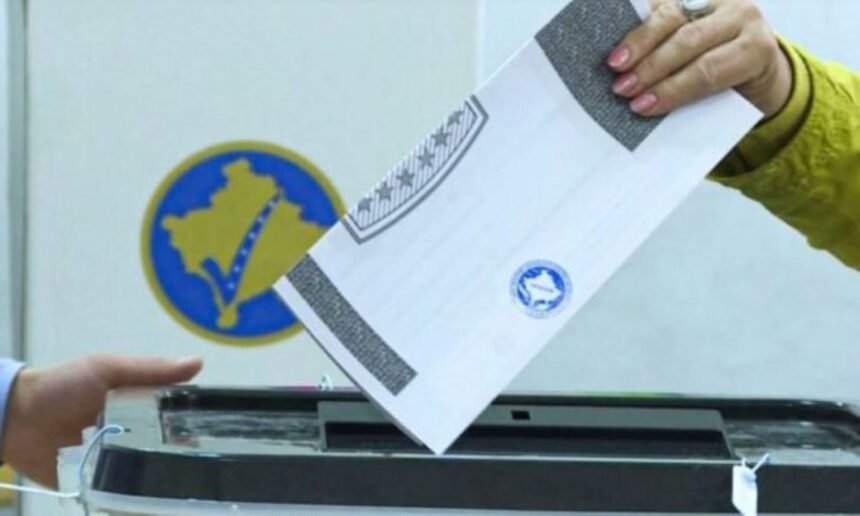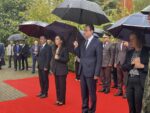The current deadlock over the formation of new institutions in Kosovo has fueled discussions about the possibility of early parliamentary elections as a solution to the ongoing institutional crisis.
Vetëvendosje (VV) expressed readiness for early elections, although they do not see them as a preferred option.
Deputy Halil Thaçi stated that VV has the mandate and time to form the new government, but other parties must also contribute.
“Vetëvendosje is always ready for elections. With the results we achieved in the February 9 elections with over 43%, there was no need to go to new elections. Naturally, other parties that received fewer votes should understand their role and contribute to forming the institutions. Clearly, VV has the primacy and time to form the government,” he said.
The Democratic League of Kosovo (LDK) also declared readiness for early elections, even though they do not support them logically.
Deputy Krenar Xhaferi commented:
“The country seems to be heading toward early elections, but this shouldn’t happen. We’ve already had an election process, and a new one would likely produce similar results, with VV winning fewer votes, still requiring a political agreement. Logically, elections aren’t necessary, but the current stalemate could lead to them. LDK is ready for elections at any time, but we don’t support them unless political maturity and an agreement are achieved first.”
Other political parties have also expressed readiness for early parliamentary elections, given the five-month blockade in forming new institutions.
Currently, the Kosovo Assembly is waiting for a Constitutional Court decision regarding its formation. Meanwhile, a temporary court measure remains in effect, halting any action by deputies and preventing procedures to form a new government.
In the February 9 parliamentary elections, Vetëvendosje won the majority of votes, but not enough to form new institutions independently.







